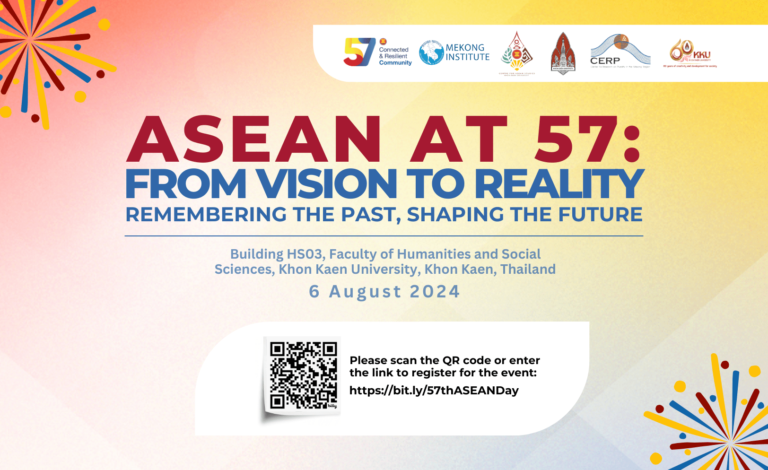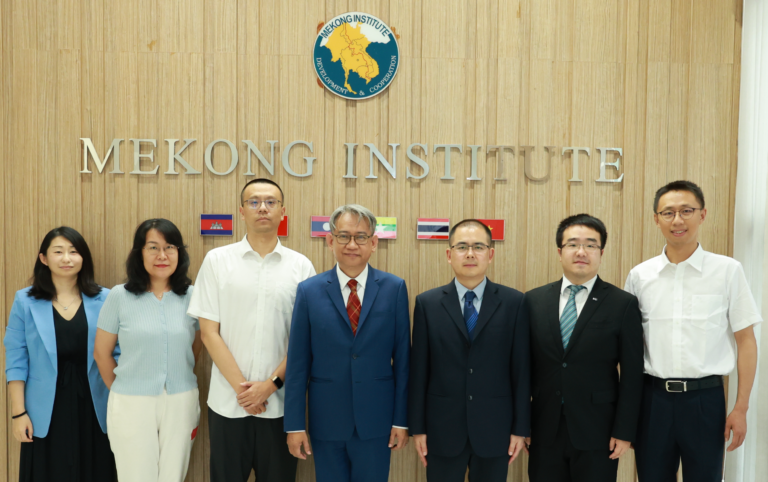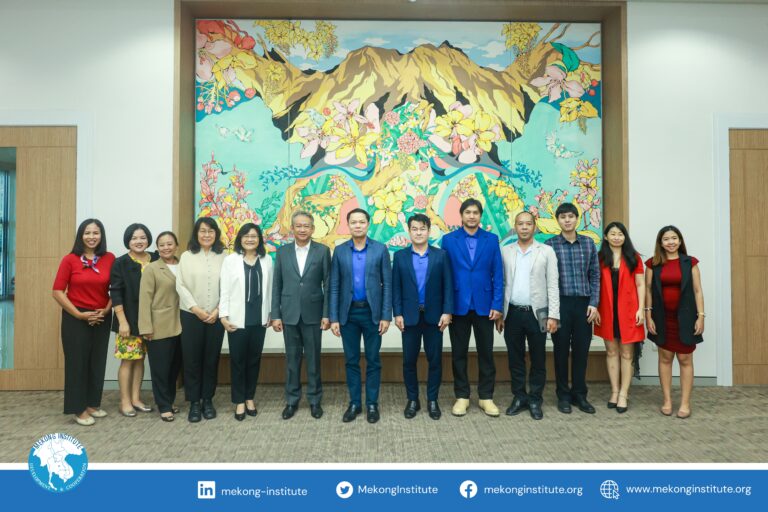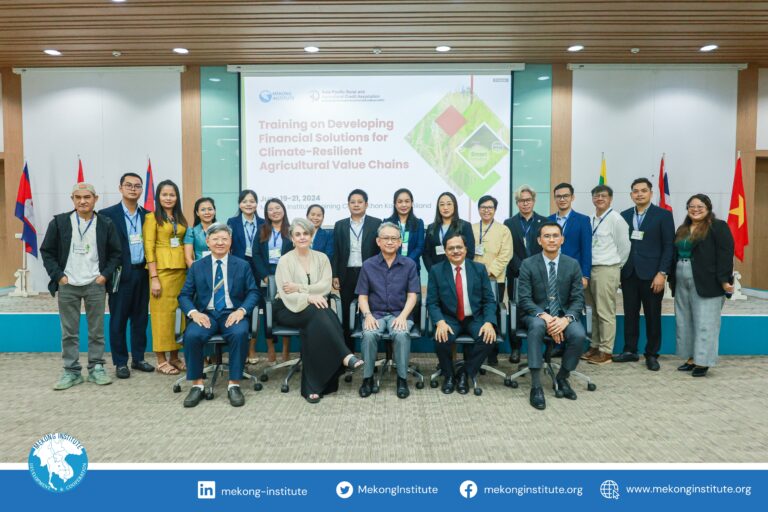Over the past two decades, the Greater Mekong Subregion (GMS) which includes Cambodia, Lao PDR, Myanmar, Thailand, Vietnam and two Southern Provinces of PR China has experienced rapid economic growth. The creation of the three GMS Economic Corridors has driven the subregions growth through comprehensive physical infrastructure development projects. Economic and social development, however, has remained centered around traditional urban trade and production power-centers, while poverty in rural areas has continued virtually unchecked.
To correct these persistent patterns of inequality and poverty in rural communities, MI and SDC have entered into a unique partnership to implement a six-year development project along the East-West Economic Corridor (EWEC), entitled, Capacity Development for a More Inclusive and Equitable Growth, in the Greater Mekong Subregion (GMS). A signing ceremony at MI head quarters in Khon Kaen on Tuesday marked the official launch of the first phase of the project, which is expected to run until the end of 2015.
The project will target the full range of development stakeholders in the private sector and offer capacity development to, as well as facilitate, links between farmers, small and medium enterprises (SMEs), government agencies, and business development service providers operating in agricultural value chains. By increasing their knowledge, skills, and understanding, SDC and MI seek to enable them as agents of local economic development, capable of capitalizing on the opportunities for economic growth provided by their proximity to an economic corridor.
Project implementation will utilize the operational strengths and expertise of both organizations and, by working cooperatively, ensure sustainable project impacts. In implementing the, Capacity Development for a More Inclusive and Equitable Growth in the Greater Mekong Sub-region Project, MI will use its extensive local public and private networks and operational strengths, including working in local languages, built during the course of 15 years of operation in the GMS.
For MI, the project also provides an opportunity to strengthen its own organizational capacity, marking the beginning of a transition into an organization which implements regional development projects in addition to its traditional role as a human resource and capacity training-based institute.
Our partnership with SDC enables us to launch a unique project, said Dr. Suchat Katima, Director of the Mekong Institute, speaking on the project. It is a feet on the ground project, which involves the entire value chain, from producers to policy-level officials. The project involves actors, from farm to fork, which puts our organizational networks and intricate knowledge of local conditions within and across national borders to use, something which few other organizations could attempt.
Our partnership with MI gives us an opportunity to engage more closely with countries in the Greater Mekong Sub-region, said Pradeep Itty, Head of East Asia Division in SDC Head Office in Switzerland, We aim to ensure that disadvantaged farmer families will be better off due to higher prices they fetch for what they produce. And we expect to see system change, in terms of more pro-poor local development plans, more farmer-friendly procedures, and better support services for farmers and traders.
As of March 2013, MI has already completed the initial agricultural value-chain identification and mapping studies in six sister city (cities or townships with a common border) pilot sites along EWEC border crossings. These studies have successfully identified the specific products, groups and value chains which will be targeted by the project activities over the next three years.







